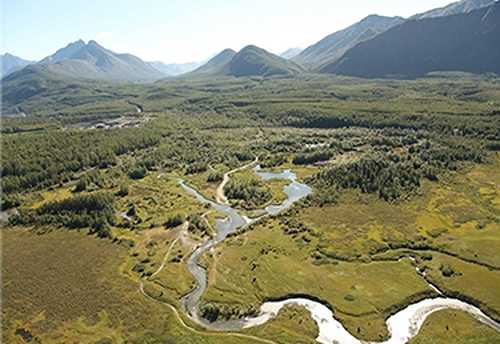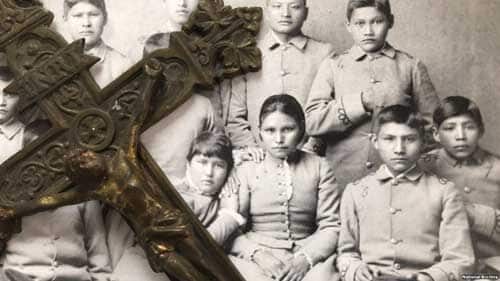(Anchorage, AK) – The State of Alaska filed a complaint Tuesday that challenges a series of federal administrative decisions that cast into uncertainty long-settled jurisdictional authority over land in Alaska.
The lawsuit was filed in the U.S. District Court for the District of Columbia and names officials within the U.S. Department of the Interior (Interior) and the National Indian Gaming Commission as defendants. To accomplish their goal of authorizing gaming on an individually-owned Native Allotment, leased to the Native Village of Eklutna, these federal officials had to upend longstanding interpretations of the law and ignore a recent federal court decision.
“This challenge isn’t about gaming. This is about jurisdiction over lands. We are asking a court to reaffirm what it has already said—the State maintains primary jurisdiction over Alaska Native Allotments,” said Alaska Attorney General Treg Taylor.
There are 17,000 Native Allotments in Alaska. Determining that some existing Native Allotments are now under tribal territorial jurisdiction would drastically change the jurisdictional landscape of Alaska. The change raises questions about whose public safety and regulatory laws (federal, State, tribal) apply on these allotments? Which authority would prosecute certain crimes and manage hunting and fishing rights? Are State alcohol and marijuana use or sales laws, environmental laws, and State property tax laws no longer applicable to these lands?
The State, in its complaint, maintains that it has jurisdiction over Alaska Native lands (except Metlakatla) as set out in the terms of the Alaska Native Claims Settlement Act (ANCSA), which in 1971 settled claims of aboriginal title. ANCSA set up a system where Alaska Tribes would not have a land base over which they exercised territorial jurisdiction. Instead, Congress intended for the State to maintain primary jurisdiction over land owned by Alaska tribes (except Metlakatla), Alaska Native individuals, and Alaska Native Corporations.
For 30 years Interior held the position that federally recognized tribes in Alaska did not have territorial jurisdiction over Alaska Native Allotments even if owned by a tribe’s own members, as is the situation here with the Ondola Allotment. In 2016, the Eklutna Tribe asked Interior for a determination that it held jurisdiction over the allotment and therefore the allotment is eligible for gaming. Interior denied that request. In 2019, the Tribe sued to challenge Interior’s decision, and in 2021, the District Court in the District of Columbia concluded that the Tribe did not have territorial jurisdiction over the Native Allotment.
But just last February, the Interior issued a new Solicitor Opinion that disagreed with the recent court ruling and held instead that Alaska tribes are presumed to have territorial jurisdiction over Native Allotments owned by their members. The National Indian Gaming Commission (NIGC) and the Bureau of Indian Affairs (BIA) relied on the Solicitor’s Opinion when determining that this Native Allotment – the Ondola Allotment – was now under the Native Village of Eklutna’s jurisdiction and was eligible for gaming.
The Native Village of Eklutna’s (the Tribe’s) gaming operations recently began in a temporary facility on a small Native Allotment (approximately six acres of land) in Chugiak. The Tribe leased the land from the allotment owners.
In a lawsuit filed today, the State contends the Department of Interior, NIGC, and BIA abused their discretion and acted outside of their authority to change the jurisdictional status quo in Alaska.
The State asks the District Court to vacate these unlawful decisions and order the federal officials to comply with the law.
- Alaska v. U.S. – Complaint for Declaratory Judgment and Injunctive Relief – PDF(128KB)
- FAQs on the Native Allotment
[content id=”79272″]







